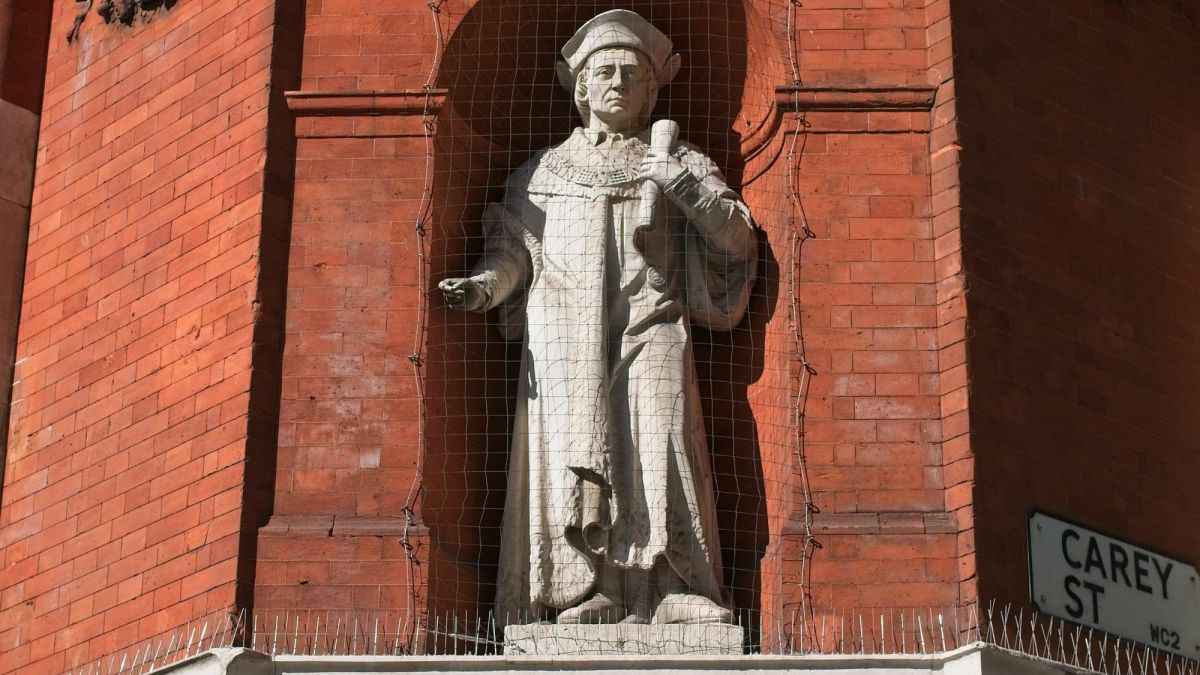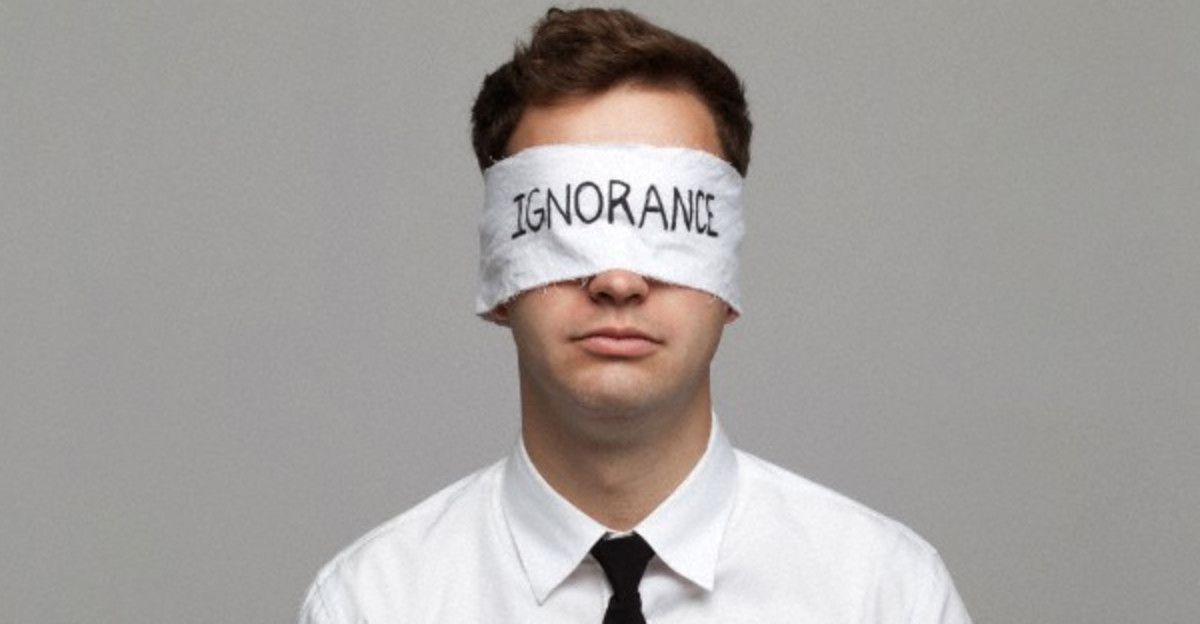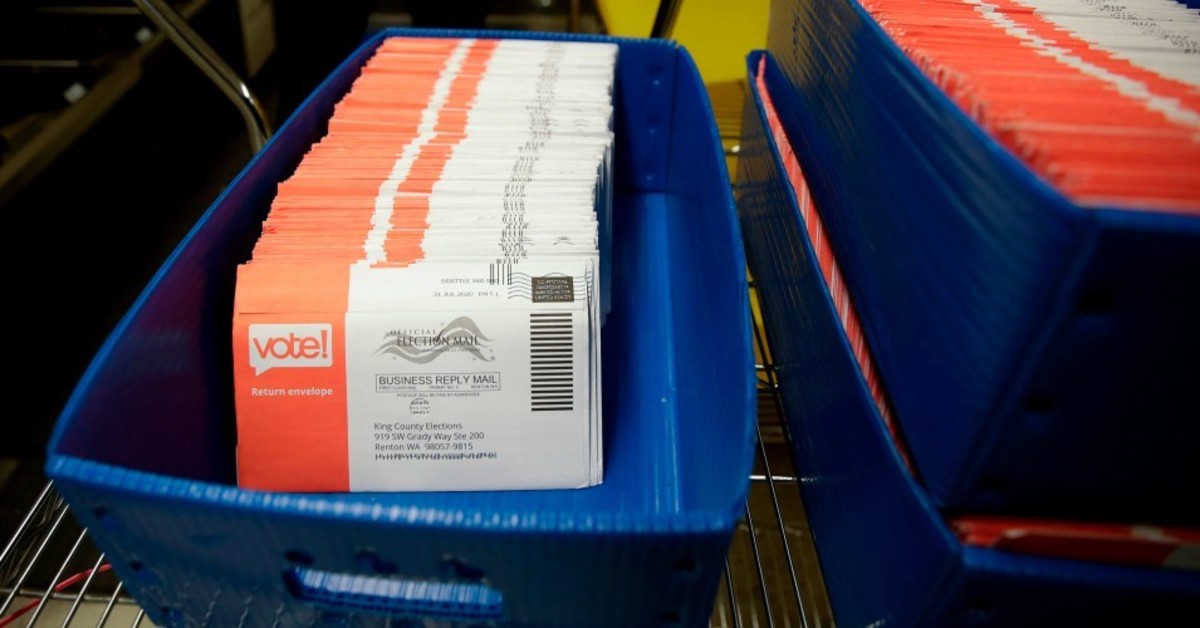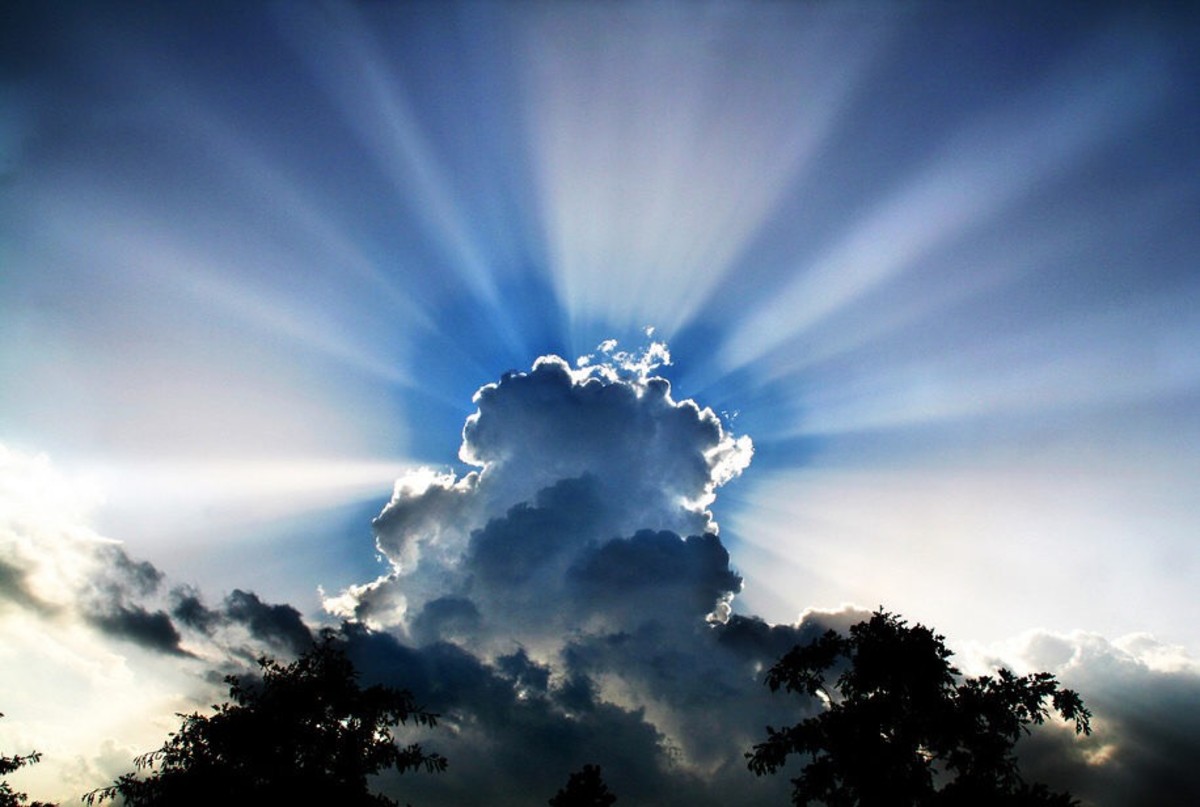The Search for "Utopia" and Thomas More
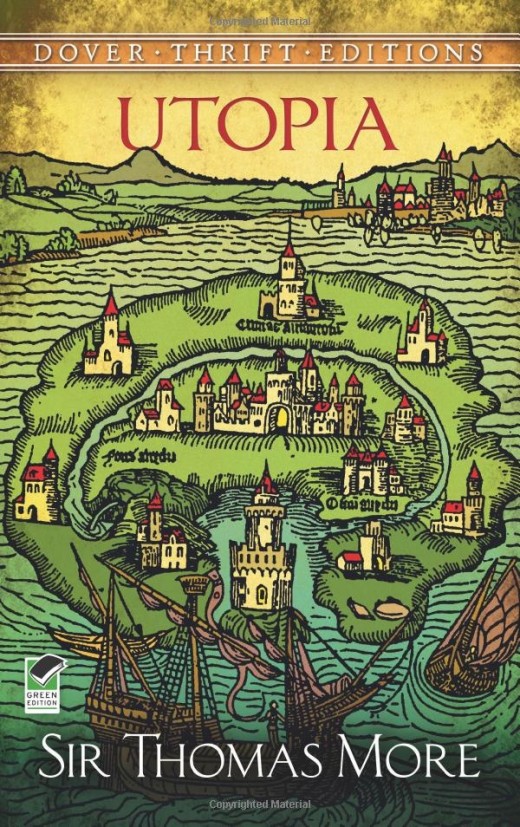
The term “utopia” can be defined as “any visionary system of political or social perfection” according to Dictionary.com. The concept in and of itself is far more nebulous, for it has a greater variable of meaning the more people involved in building the criteria for it. It is a concept that the human race has pursued since we were able to put meaning to dreams, and attempt to make them come true. Even in the modern day, the so-called “American Dream” has the ephemeral utopian lure that many come to this country in search of. However, the transformation from conception to construction inevitably crumbles under the strain of implementation. Given our continual search for utopia based on specific criteria, the relevance and irrelevance of Thomas More’s “Utopia” is one that easily explored. First is the exploration of relevant concepts, then its converse.
There is an established dedication to agrarian cultivation within the society that prevents it from being a denigrated occupation. This already on top of an education in a given trade that they will practice, makes the farming an elevated equalizer among the citizenry. More’s description is:
Each year twenty persons from each household move back to the city, after completing a two-year stint. In their place, twenty others are sent out from town, to learn farm work from those who have already been in the country for a year and are therefore better skilled in farming. (599-600)
Given that the households contain a minimum of forty people, the offset of half to change out every year is such that every citizen that is capable to work the fields will do so at least once in their lifetime. The newcomers “learn farm work” at the hands of those “better skilled in farming.” Farming is something that the entire community takes part in, and all are equal in their work as both men and women in equal numbers in this task.
There is a due diligence of intellectual pursuit by the citizens of the society of Utopia that is laudable. All citizens are encouraged to further their knowledge with great vigor along with the manual labor they perform. More speaks of the exception “that a craftsman devotes his leisure so earnestly to study, and makes such progress as a result, that he is relieved of manual labor and promoted to the class of learned men” (605). There is already a balance of manual labor and the dedication to education that is built into the society, and the action of being “relieved of manual labor” seems to widen an unemphasized but present striation between classes. It makes it seem as those that perform manual labor are lesser than the “class of learned men”, and no matter how citizens may be taught to think, such a disparity breeds resentment.
We are confronted often with the inequality of the distribution of resources that lead to extreme poverty and subject others to great suffering. In the foundation of Utopia, that is a non-existent issue. In the district markets “whatever each household produces is brought here and stored in warehouses, each kind of good in its own place. Here the head of each household looks for what he or his family needs, and carries off what he wants without any sort of payment or compensation” (607). Such a system is what all human rights activists hope to achieve for those without the resources to take care of themselves. The gratis format of providing food, clothes and other necessities without the need to hoard any excess strips away inclinations for miserly tendencies.
Before what appears to be the wholesale conversion to Christianity by Utopian society, there is little interference by the ruling class in the way of religion nor any official doctrine that is mandatory to adhere to. There is an allusion to those that seem to adhere to some form of paganism, though More is quick to dismiss the possible polytheistic leanings when he wrote that “the vast majority, however, and these by far the wisest, believe nothing of the sort: they believe in a single power” (634). This close approximation to a more Christian format without out and out calling it “Christianity” is unsurprising given the Church’s influence in the time this was written. There is a minimization of the possibility any other spiritual path by the use of “vast majority” to describe those that follow the pseudo-Christian faith. To call them “by far the wisest” would suggest that any other theological conception is naiveté at best and willful stupidity at worst.
Problematic to the modern day is the level of control over citizens’ movements. Some occupations lend themselves to greater autonomy than others, but in the island of Utopia, that isn’t so. In order to travel outside of their residential city requires them to “obtain permission from his syphogrant and tranibor” as well as “taking a letter from the governor granting leave to travel and fixing a day of return” (610). This level of control over the individual is for me reminiscent of my time serving in the Armed Forces. For a society that seems to actively avoid war or having a standing military, this is a very martial law structure that one might see in a dictatorial nation.
There is also the maintenance of the patriarchal dominant doctrine that they maintain that is unfeasible for any country that seeks to maintain equal rights for all citizens. Their policy of “wives are subject to their husbands, children to their parents, and generally the younger to their elders” has already been long in effect across cultures for most of human history (607). It is only the “wives are subject to their husbands” that objectionable to any feminist, and those that use weight history to reinforce this imbalanced status quo would find themselves with few obvious allies. Though the progress of movement away from the patriarchal paradigm is slower going than activists would like, it isn’t at a standstill.
As much time as Utopians receive for leisure time outside of work, they are greatly limited in the activities they are allowed to partake in, as behaviors or opportunities that might lead to the indulgence of vices are curtailed by lacking establishments dedicated to such activities. More explains that “there is no chance to loaf or any pretext for evading work; there are no wine bars or alehouses or brothels, no chances of corruption, no hiding places, no spots for secret meetings” (610). It is an unfortunate thought that this society would think that a lack of assigned places for these behaviors no being present will eliminate the actual behaviors from occurring. Such is not the way of human nature, for someone seeking trouble will find, and if they can’t find it, they will make it.
More was limited in his imagination when it came to the level of the population and wouldn’t have been able to conceive the modern day with such great numbers, and as such his figures for limiting the amount of people that might reside on such an island in the modern day are not accurate. More’s depiction is that “to keep the cities form becoming too big or too small, they take care that there should be no more than six thousand households (exclusive of the surrounding countryside), each family containing between ten and sixteen adults” (606). It is stated elsewhere in the text that there are 54 cities, which coupled with the household estimates allowing for inclusion of possible children and slaves as part of the consensus, within the footnote the estimate ranged around 100,000 people per city at least. London by itself in the modern day boasts at least an 8.5 million population, yet More’s Utopian society can’t fully actualize to the advancement of society that might contribute to such a population explosion.
There are many criteria that might be put forth on both sides to compare the relevance of “Utopia”, and make in argument in either direction. However in my estimation, Utopia is only made relevant in its irrelevancy to the modern day. The tenets of the supposed “ideal society” are based outmoded doctrine and unsupportable politics, with the subjugation of a people in general. The society of Utopia is paradoxical in how restrictive it is while at the same time it touts its apparent freedom from the negative behaviors of other nations. “Utopia” is a subversive society with limited free will, and it makes itself appear to be advanced in the pursuit of knowledge in comparison to most others. Knowledge can only be truly gained when the individual is given free rein to question everything around them, and knowledge is best gained when mistakes are made and freedom of thought is encouraged. “Utopia’s” greatest relevance is to illuminate to the world the way a society shouldn’t be. It is a standing contradiction of repression under the guise of protection and enlightenment, and such a world as “Utopia” was doomed to fail from the start.
Works Cited
More, Thomas. "Utopia." The Norton Anthology of English Literature. By Stephen Greenblatt and M. H. Abrams. 9th ed. Vol. 1. New York: W.W. Norton, 2012. N. pag. Print.

